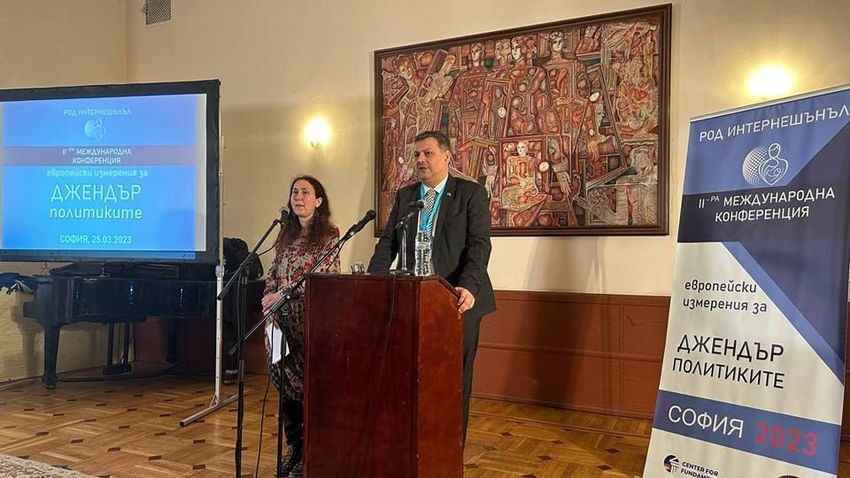Rod International, a Bulgarian conservative family protection organization, organized an international conference on family policy, child protection, gender issues and current European demographic challenges in Sofia on March 25, where Hungary was represented by István Loránd Szakáli from the Center for Fundamental Rights.
In addition to presenting the challenges facing Bulgaria, representatives of Polish, Serbian and Hungarian organizations spoke at the conference, reporting on the situation in their own countries. Hungary was represented at the event by István Loránd Szakáli, the leading economist of the Fundamental Rights Center, who presented, among other things, an overview of the family and child protection measures since 2010, as well as the measures aimed at curbing violent gender propaganda, as well as the results achieved in the field of family policy.
In the latter field, it is important to note that, based on Eurostat data, between 2011 and 2021, the fertility rate in Hungary increased the most in the European Union, by 31 percent.
While at the beginning of the 2010s (1.23 percent in 2011), this indicator was the lowest in the EU in Hungary, in ten years, with a rate of 1.61 percent, it managed to catch up with the European middle ground - he made clear the demographic progress expert of the Center for Fundamental Rights.
At the conference, Szakáli assessed that, while the whole of Europe is struggling with demographic challenges, it is an extraordinary result that, thanks to the Hungarian government's conscious and consistent measures aimed at childbearing and the creation of a work-based society, Hungary is experiencing the largest positive change in the field of childbearing. At the same time, it can also be considered a serious result that, based on Eurostat data, by 2020, the number of divorces per hundred marriages decreased by 66 percent, compared to 2010.
The full article of Magyar Nemzet can be read here.
Image: Center for Fundamental Rights












